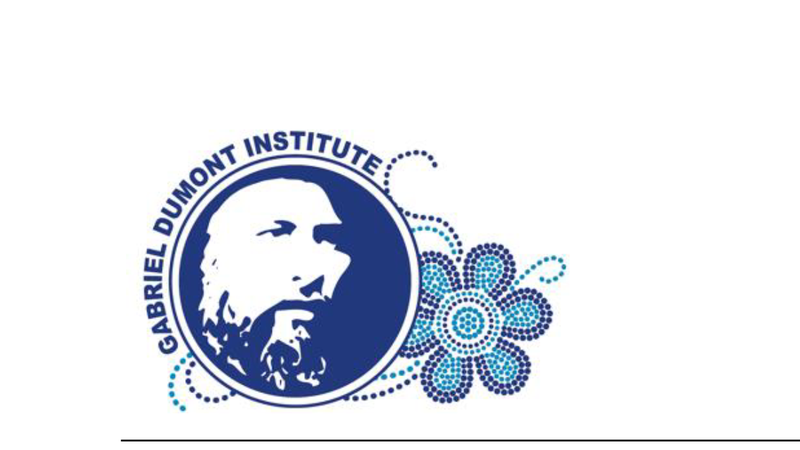
Gabriel Dumont Institute Invests Seven into the Order of Gabriel Dumont
The Gabriel Dumont Institute of Native Studies and Applied Research (GDI), a Métis-owned post-secondary and cultural institution based in Saskatoon with campuses across Saskatchewan, is proud to announce it invested seven individuals into the Order of Gabriel Dumont at a special awards event on March 22, 2023 in Saskatoon.
The Order of Gabriel Dumont is one of the Métis Nation’s highest civilian honours.
It is awarded by GDI to Métis and non-Métis individuals who have served or continue to serve the Métis of
Canada with distinction. “This year, we are pleased to honour five recipients with an Order of Gabriel Dumont Gold Medal and two recipients with a Silver medal. The accomplishments of these individuals are remarkable and we are proud of their dedication to the Métis community,” said Tim Roussin, Chair, GDI Board of Governors.
The Order of Gabriel Dumont Gold Medal recognizes a lifetime of outstanding service to the Métis of Canada and the Order of Gabriel Dumont Silver Medal honours those who have made significant contributions to the Métis. “Each of this year’s recipients are pillars in their community with a special focus on preserving, promoting, and revitalizing Métis culture in their own way,” said Lisa Bird-Wilson, Executive Director, GDI.


